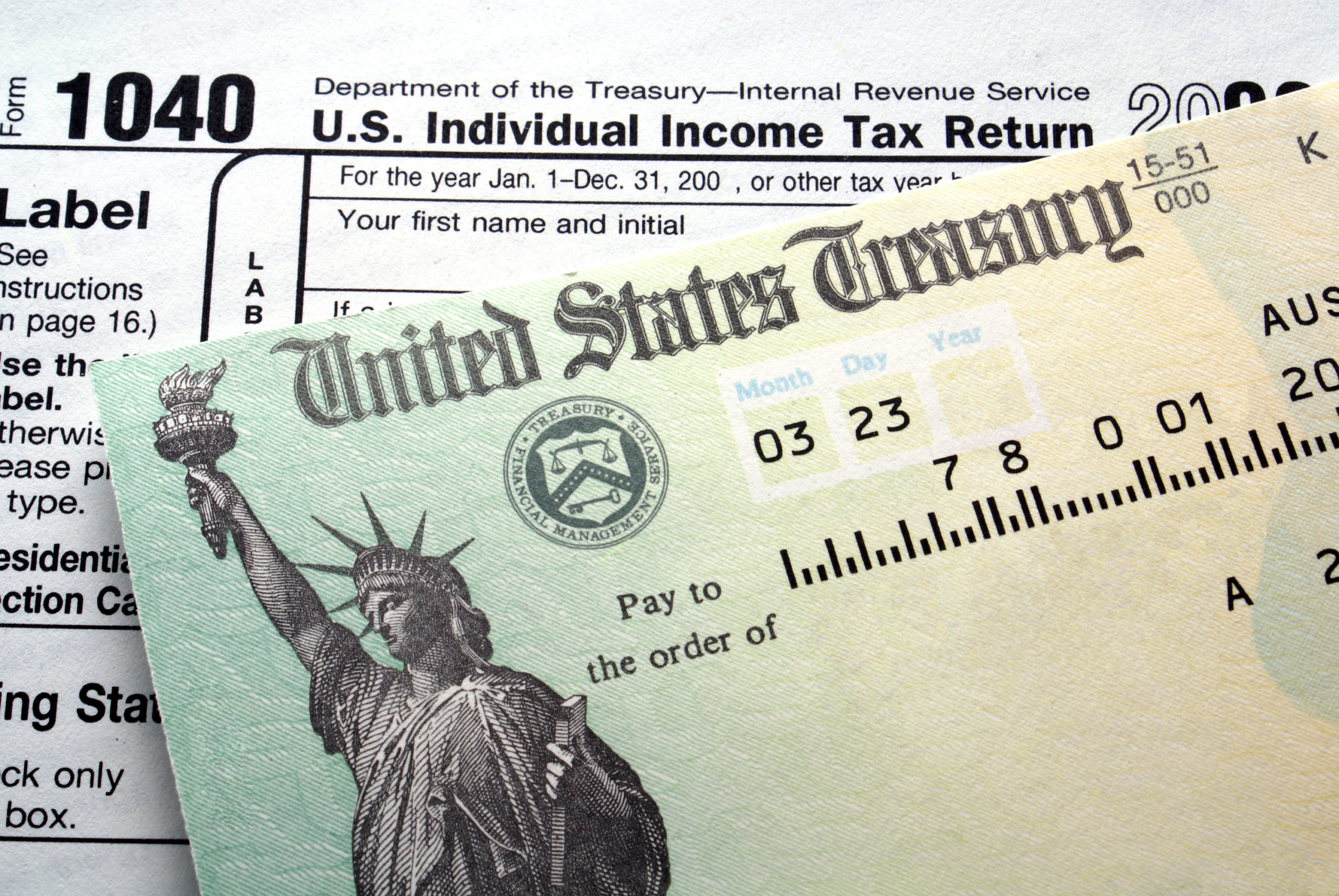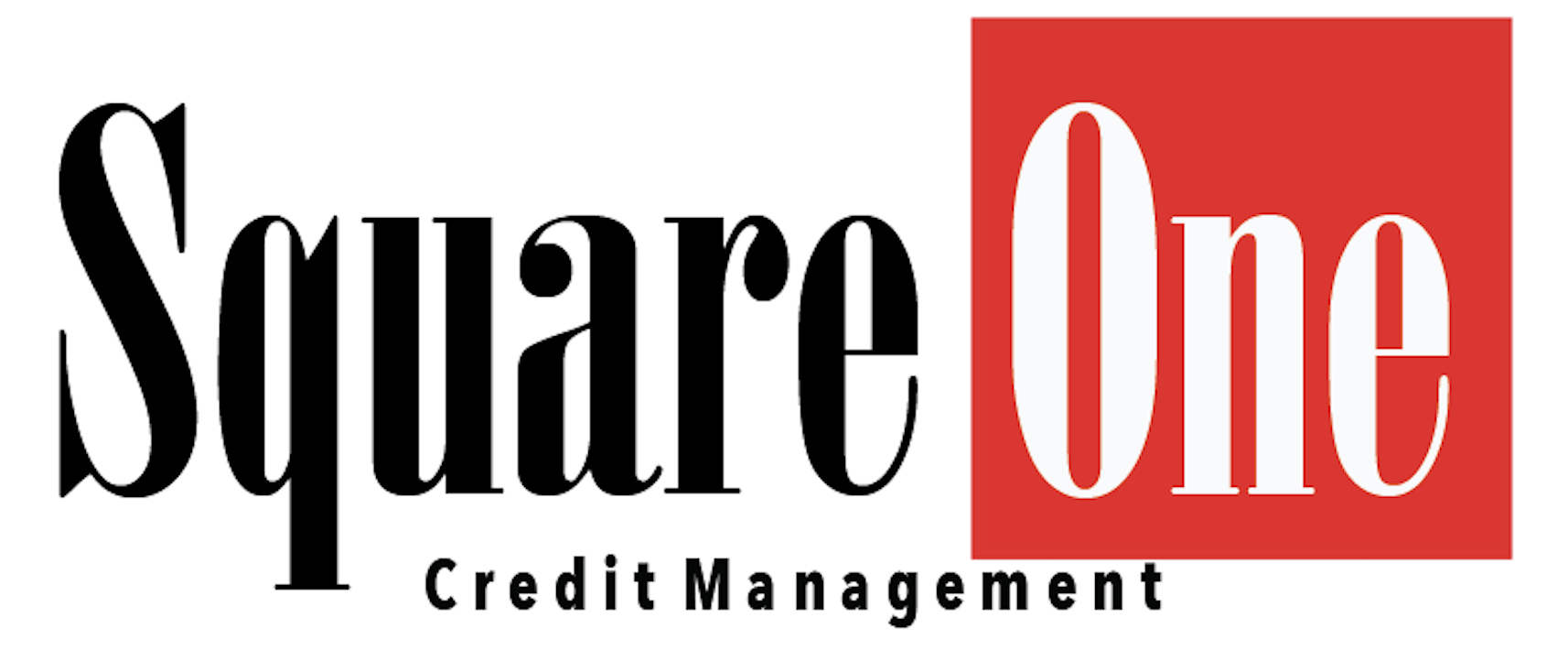
How to Use Your Tax Refund to Boost Your Credit Score
It is tax refund season. If you are like most of us, you are already planning how to spend that tax refund. Many of us wait for that sudden infusion of cash to take a trip, splurge on something we have wanted for a while, or even catch up on bills. While using your tax refund to help boost your credit score may not seem sexy or glamorous, it is one of the best things you can do to improve your financial health.
While working to improve your credit score may not be sexy, a good credit score is. A higher credit score gives you more power as a consumer. You can qualify for better loans, lower interest rates, and more credit cards. A higher credit score can even help you get apartments, pay lower rates for car insurance, and even get a better job.
There are several ways you can use your tax refund to improve your credit score. Picking the right one for you depends on your individual circumstances and the amount of your refund.
First, if you are behind on any payments, your tax refund gives you the chance to catch-up on those bills. Late payments ding your credit score. They also create a financial tsunami because they trigger late payment fees and sometimes even trigger higher interest rates. If you are less than 30 days late, you may be able to catch up on your payments before the late payment is reported to a credit bureau. If you are not habitually late, call your lender before you make your payment. Some lenders will waive a first-time late fee.
The second most obvious choice is to pay down your debt. Credit utilization is a huge part of your credit score. It refers to the percentage of your available credit that you are using. You want your credit utilization to be lower than 30%. To get the highest credit score possible, you want an even lower utilization rate. Around 7% seems to be the sweet spot that shows you use your credit, but also makes you a great credit risk.
What if you have multiple credit cards or other debts? Which one should you pay? From a purely mathematical perspective, experts often recommend paying off the highest interest debts, first. However, if you are struggling to make your minimum monthly payments and you can pay off one or more of your monthly accounts with your tax refund, you may want to start by paying those, first.
If you are new to credit or are working to overcome bad credit, a secured credit card can be a powerful tool. A secured card requires a security deposit, which is used as your credit limit. They protect the lender, while still allowing you a chance to build up your credit. You can open secured cards with small deposits, so you can use a secured card to build your credit without using your whole refund. Just remember that the smaller the deposit, the smaller your available credit. You want to keep your usage consistent, but not exceed 30%.
